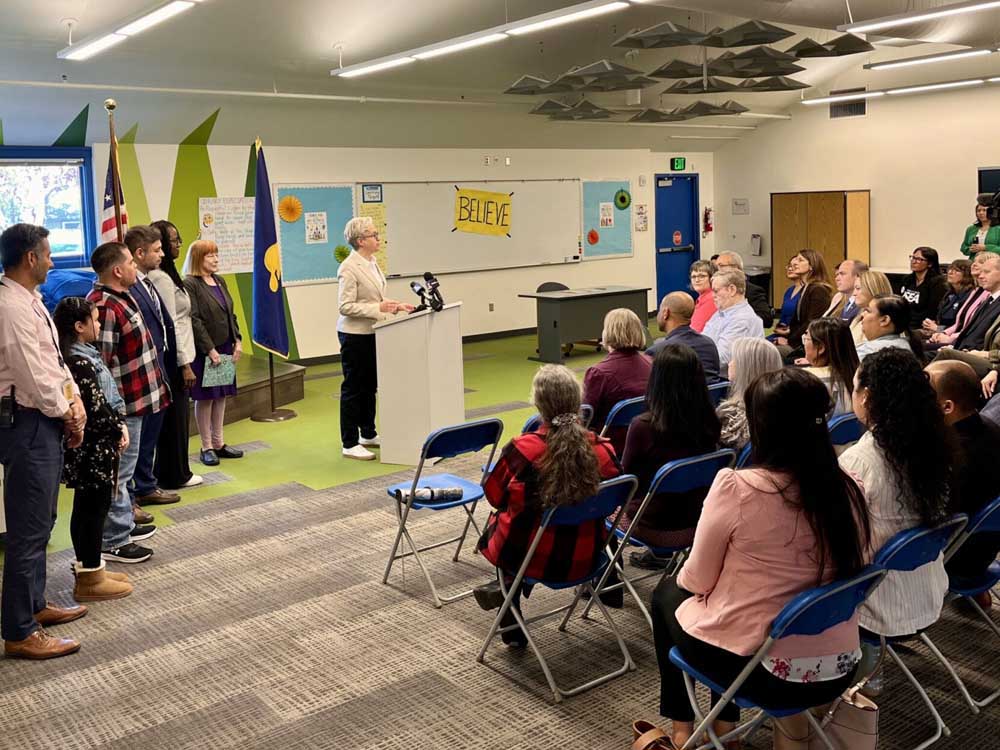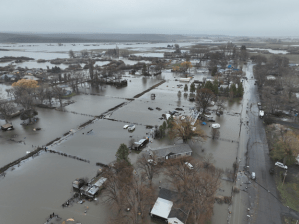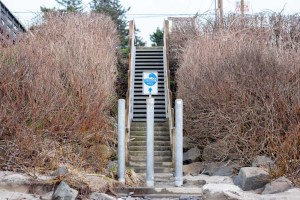Amid push for more money for summer school, report shows inconsistent evidence of its 2024 impact on student learning
Published 6:42 am Thursday, February 6, 2025

- Oregon Gov. Tina Kotek at a ceremony where she signed $30 million summer school funding bill in 2024.
After years of see-sawing funding for summer school in Oregon — $150 million in 2022, then zilch the following summer — Oregon lawmakers will consider devoting $78.5 million toward such programming for 2025 and 2026.
That would build on the $30 million that lawmakers set aside for summer programming in 2024, a show of faith in summer learning’s potential to help students make up lost academic ground
Trending
In 2023, legislators declined to appropriate any state funding for summer school amid concerns that big investments made during the pandemic failed to yield tangible academic gains for students.
Now, a new Oregon Department of Education accounting of how well 63 districts and charter schools that received the grants in 2024 used those funds suggests that a distinct lack of oversight and state-level guidance led to opaque academic results for students.
Raquel Gwynn, the assistant director of expanded learning at the Oregon Department of Education, said via email that 79% of all students enrolled in 2024 summer programs met academic “goals” in language arts and math.
But those goals depended on where the students were enrolled.
Under state guidelines, to allow for “flexibility afforded to districts to address local needs,” Gwynn wrote, school districts and other grant recipients were permitted to set their own goals for what students enrolled in summer programs would get out of it.
Some school districts and charter schools, the state said, put together very specific progress-measuring targets for success, specifying that by the end of the summer session, a well-defined percentage of students would be able to show measurable improvements on math or reading tests given at the start and end of the program.
Trending
Others, though, were far vaguer in outlining what would constitute success, listing broad-brush goals like “students will improve proficiency in phonics.”
And some grant recipients moved goalposts when it became evident that they might miss targets, the report notes, with actions like “shifting focus from overall growth to reducing summer learning loss” or looking at gains among students who attended regularly rather than all students served.
Gwynn acknowledged that there were “inconsistencies in how goals were set and measured,” which she attributed in part to a tight turnaround time. Lawmakers did not sign off on the summer funding for 2024 until early March and the state education agency awarded grants just a few weeks later, leaving only a few months for grant recipients to set up their programs.
The agency is planning to launch more training and coaching sessions to help districts develop “specific, measurable and aligned goals,” she wrote. And if lawmakers decide to move more quickly this year to fund summer programming, she added, the state education agency can offer “earlier and more comprehensive planning assistance.”
Education researchers have said that summer learning is a critical time to reach struggling students, who suffer the most from so-called “summer slide” and can benefit from summer classes that are smaller and more focused on high-needs students.
Gov. Tina Kotek said she supports stable funding for summer learning, though she is advocating for the $78 million, not the $100 million over two years that the state Department of Education floated in a separate report.








